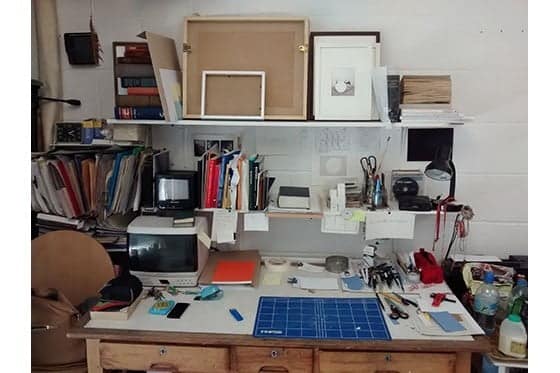What does it mean to turn doing what you love into a business? Art consultant Susan Royce shares her thoughts.

I started working in the arts as a happy accident. I soon realised I was in danger of taking a hobbyist’s approach to what I loved. So, I sat down and asked myself the same questions I challenged my clients with:
- What value am I creating for the people I do things for?
- Who might be interested in buying my services and able to pay what I want to charge?
- How should I price my services?
- How can my prospective customers find me or how do I find them?
- What kind of ‘kit’ do I need?
- What do I need to do to invest in myself around skills and knowledge development?
- Who do I need to know? What networks do I need to plug into? Who do I need to partner with?
- How do I make sure that I follow all the appropriate legislation and professional rules?
It was, and is, hard. Being in business means putting a value on your own work and sticking to it. Even when you are tempted by opportunities that you know will end up costing you dear.
It means doing stuff you do not enjoy because it is important for the development of the business. Networking is one of my personal challenges! It means drawing up plans and holding yourself accountable for them because no one else will.
Clearly there are financial benefits in treating what you do as a business. For me, it is also about taking control of my own life and making my own choices, rather than having them made for me.
If you are thinking about how to make what you love – your practice as an artist – into a business, there are some excellent, free resources to help you.
I am a big fan of the Business Model Generation approach. Alongside Artquest, there are many other specialist resources which can help you to identify practical advice on developing sustainable practice as an artist. a-n and Axisweb spring to mind.
© Susan Royce 2012
